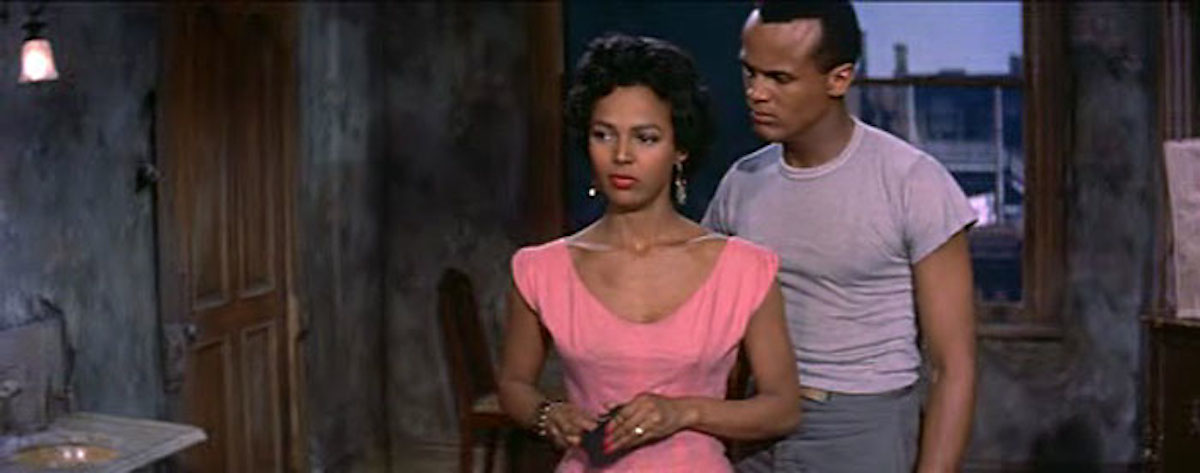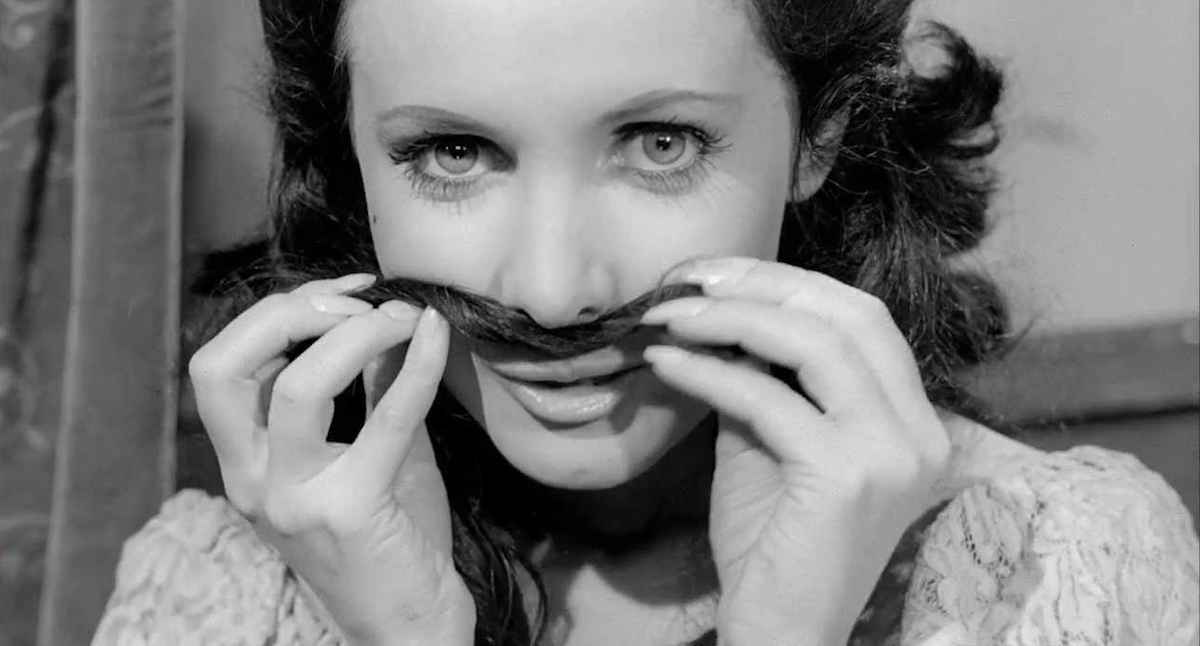
"The Big Gundown" (Grindhouse)
Unlike the umpteenth not-quite-official sequel in the "Django" series, Sergio Sollima's 1967 movie really IS an obscure spaghetti western worth a non-genre addict's time. A non-addict is likely to be nonplussed nonetheless by the elaborate four-disc set assembled with loving care by the Grindhouse folk. It's one Blu-ray, two standard def DVDs, and a compact disc of Ennio Morricone's superb score, the credits theme of which provided the name for John Zorn's Morricone tribute album. The whole thing's a delight, and as for the Blu-ray, it's a really beautiful 2K restoration of superb materials, presenting a not-insubstantially expanded version of the English-soundtracked U.S. release. The picture itself has a very clever scenario that's conspicuously more knowing than almost anything in the genre save "A Bullet For The General." Like "Bullet," it's conspicuously leftist, which doesn't inhibit it from being an excellent chase picture.
Tomas Milian displays great enjoyment in playing what seems to have been his signature type for a while that is, the creep who turns out not be a creep, really. And Lee Van Cleef gets across in spite of the unfortunate fact that he didn't get to provide his own voice for the English version. —A-
"Carmen Jones" (Fox)

"Embrace of the Vampire" (Anchor Bay/Starz)
"Packs a substantial erotic punch," reads a blurb from Entertainment Weekly on the back of the Blu-ray package. Hey, I wrote that! Is it still true of this 1995 movie, and now that I'm happily married and everything? Um…well, Alyssa Milano sure is naked quite a bit in it, and she's a very good looking young lady, and was even more so in 1995. So shut up, okay? The horror/exploitation picture is pretty dumb, former New Wave quasi-icon Martin Kemp is a pretty unconvincing vampire, and the special effects aren't as good as those that would turn up on Ms. Milano's even cheesier witchy TV series "Charmed." Still. It has what it has, in high-def sharp enough to reveal the facial blemishes of much of the young cast, and James Van Der Beek shows up in an unbilled bit part. The audience for this knows who (if not what) it is, if I'm not mistaken. They may buy with confidence. —B-
"Fanny Hill" / "The Phantom Gunslinger" (Vinegar Syndrome)

Three Films By Roberto Rossellini Starring Ingrid Bergman (Criterion)

"Tam Lin" (Olive)
Child actor turned adult actor and old-Hollywood gadabout Roddy McDowell certainly must have drawn on some observations of showbiz life when crafting his sole directorial effort, a 1970 story ostensibly drawn from the folk song/story of the same name (an alternate title is the more literal "The Devil's Widow"). Ava Gardner stars as a mysterious mansion-dweller who likes to keep young people around in a non-stop quasi-jet-set party. Geez, wonder why. Connoisseurs of keeping-up-with-the-counterculture explicitness will be disappointed that McDowell keeps the dark doings PG-rated (I know I was) but, as if to compensate, he uses a lot of distorting lenses. A typical Olive oddity with a typically passable transfer. I dug it. —B-
Glenn Kenny was the chief film critic of Premiere magazine for almost half of its existence. He has written for a host of other publications and resides in Brooklyn. Read his answers to our Movie Love Questionnaire here.





